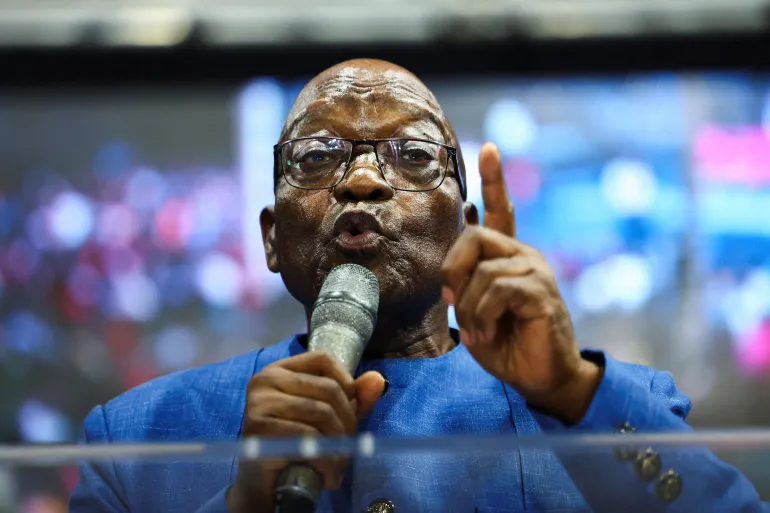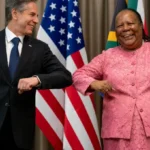In a turn of events that has sent ripples through South Africa’s political landscape. The country’s former President Jacob Zuma has barred from participating in the upcoming May elections. This decision marks a significant moment in South African democracy. Highlighting the complexities of political accountability and the rule of law. Let’s delve into the implications of this development and explore. What it signifies for the nation’s democratic processes and political climate. South Africa
A Pivotal Decision South Africa
Firstly, the decision to bar Zuma from the elections is not just about a single individual’s political career. It’s a reflection of the broader principles of governance and accountability. In a country that has navigated the turbulent waters of political transformation. Such a move underscores the commitment to upholding the integrity of its democratic institutions. This pivotal moment signals a step towards reinforcing the rule of law. Setting a precedent for future political conduct and eligibility.
The Context of Controversy
Moreover, Jacob Zuma’s presidency has mired in controversy, with allegations of corruption and governance. Vhallenges casting a long shadow over his tenure. The decision to bar him from participating in the elections has intertwined. With these broader issues of political ethics and responsibility. It prompts a necessary reflection on the standards to which public officials have held. Emphasizing the importance of transparency and accountability in public service.
Implications for South African Democracy
Furthermore, this development has profound implications for South Africa’s democratic landscape. It opens up a dialogue about the balance between political rights and the consequences of alleged misconduct. By addressing the contentious issue of Zuma’s eligibility. South Africa is grappling with the complexities of ensuring fair political participation. While also safeguarding the principles of justice and accountability. This balancing act is crucial for the maturation of its democracy and the restoration of public trust in political institutions.
Navigating Political Reactions
Additionally, the reaction to this decision from various political quarters. And the public at large offers insight into the nation’s political pulse. Supporters of Zuma see this as a politically motivated move, while others view. It as a necessary action to uphold legal and ethical standards. Navigating these divergent perspectives requires a nuanced understanding of South Africa’s political dynamics. And a commitment to fostering a democratic culture that prioritizes the nation’s well-being over individual political ambitions.
Looking Forward
In conclusion, the barring of Jacob Zuma from South Africa’s May elections is a watershed moment that encapsulates the challenges and aspirations of a nation striving to deepen its democratic ethos. As South Africa moves forward, the lessons learned from this episode will undoubtedly influence its political trajectory, shaping the future of governance, accountability, and democratic participation in the country. South Africa
Inspired by Al-Jazeera News and Read More Articles Here and read Previous Article also.


